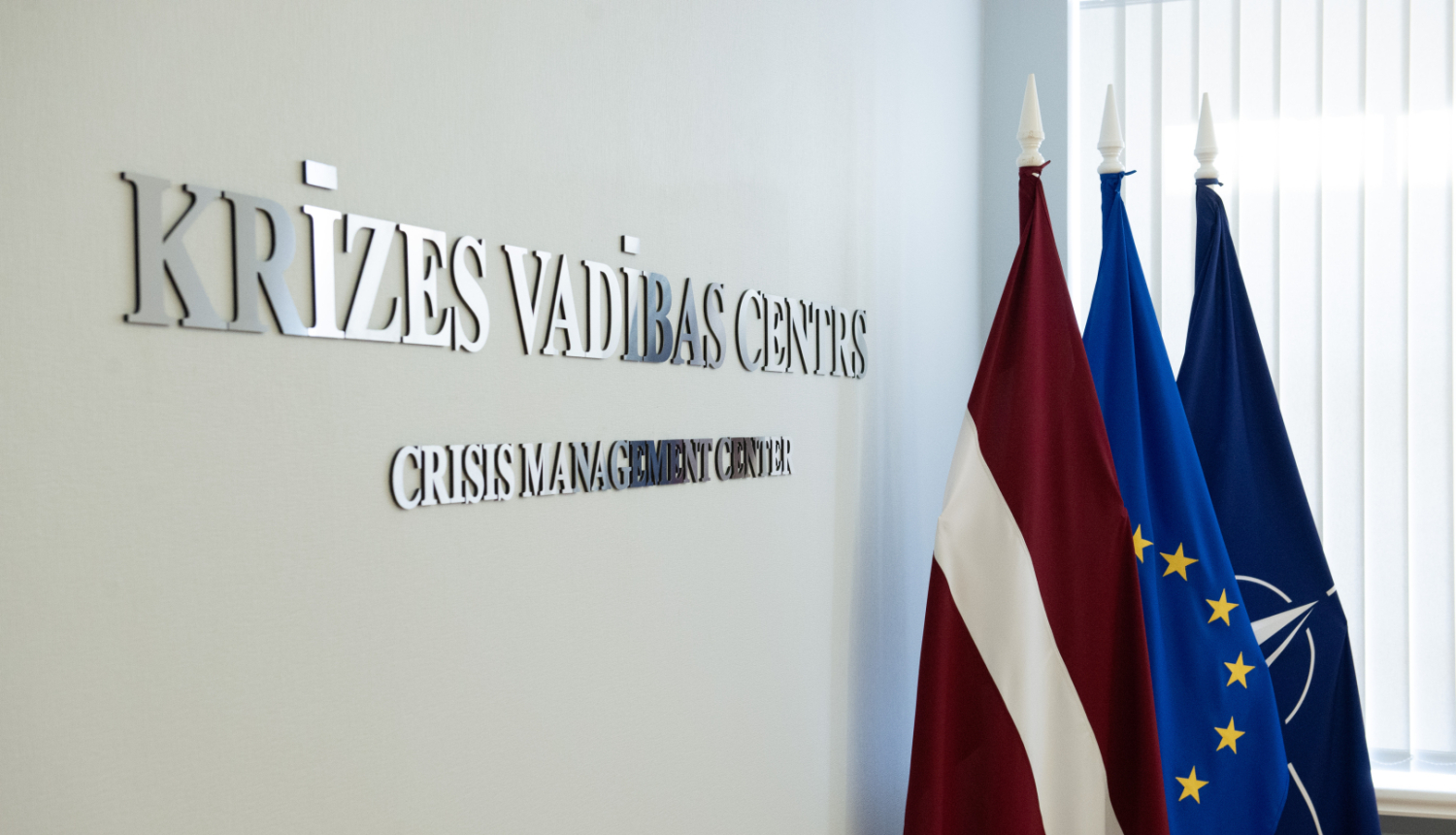A comprehensive transformation of Latvia's crisis management system will commence on July 1, 2025, with the establishment of the newly formed Crisis Management Centre (CMC). This initiative follows the amendments to the National Security Law, the Cabinet of Ministers Law, the Law on State of Emergency and Exceptional Situation, and the State Civil Service Law, adopted by the Saeima on May 29, 2025.
The reorganization of Latvia's crisis management system aims to comprehensively strengthen preparedness for diverse risks and threats, ranging from natural disasters to hybrid threats and military attacks. Drawing upon national and international experience, the new system is designed to be more efficient and agile, facilitating quicker decision-making, improving inter-institutional cooperation, and reducing bureaucratic obstacles.
Under the amended laws, strategic decisions vital for crisis management will now be made in a new format: in Cabinet of Ministers Crisis Management Sessions. The newly established CMC will operate under the functional oversight of the Prime Minister and will be responsible for the planning, preparation, and implementation of crisis management measures. The CMC will ensure the execution and coordination of decisions made by the Prime Minister and the Cabinet of Ministers, providing them with professional support and consultation on crisis management matters. In the event of a military crisis, the CMC will coordinate cooperation between the civilian and military sectors to ensure the functioning of the society under crisis conditions.
The CMC will operate in a continuous state of heightened readiness and, if necessary, will be prepared to assume cross-sectoral crisis management in accordance with a decision by the Cabinet of Ministers. Under the leadership of this centre, institutions will be better equipped to manage risks and threats, mitigate vulnerabilities, handle both peacetime and wartime crises, and fulfil their duties.
The State Chancellery will oversee the operations of the CMC. Initial tasks will include developing the centre's operating principles, establishing cooperation mechanisms with institutions that may be involved in managing various crises, and preparing the National Risk Catalogue. The centre is expected to employ 15 staff members, with the State Chancellery, the Ministry of Defence, and the Ministry of Interior actively involved in its establishment.
Latvia has already assumed several international functions in the field of crisis management, such as the coordination of the European Union's preparedness strategy. National functions falling under the CMC's purview will be progressively integrated. For instance, the functions of the previously operational Crisis Management Council and its secretariat, currently managed by the Ministry of Interior (State Fire and Rescue Service), will be transferred starting July 1, coinciding with the commencement of the Cabinet of Ministers' crisis management format and the CMC's operations.



